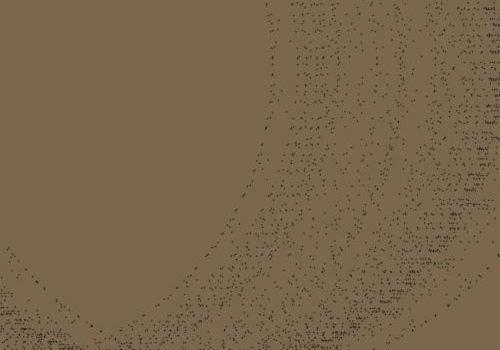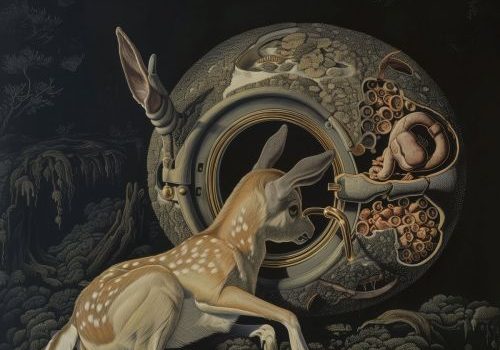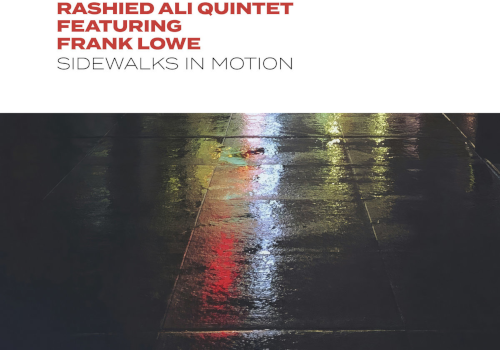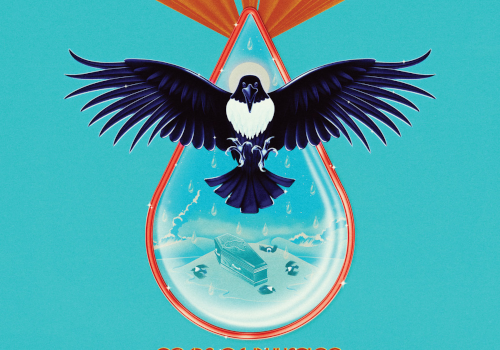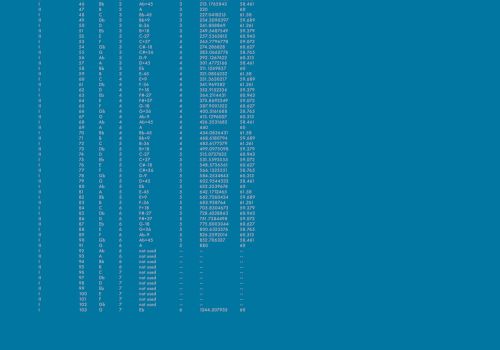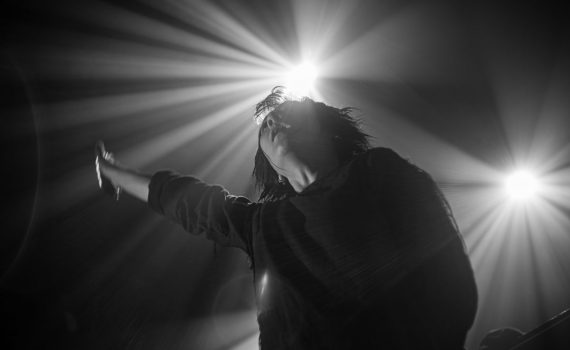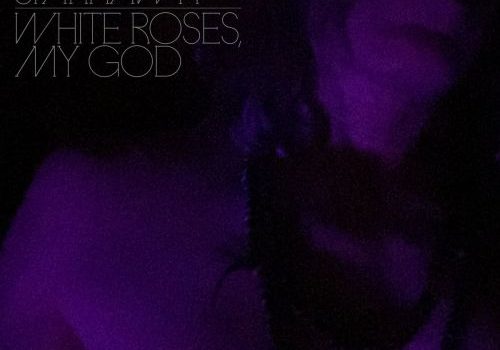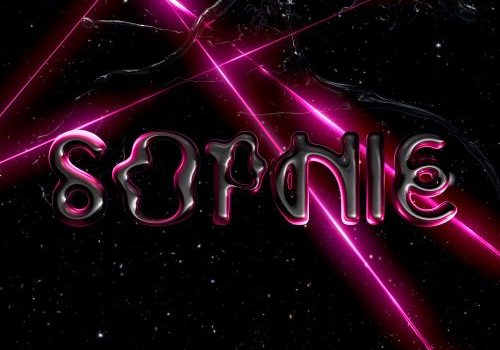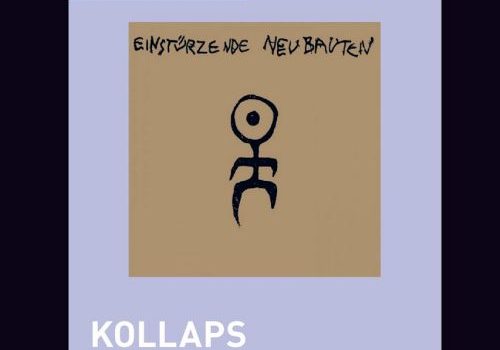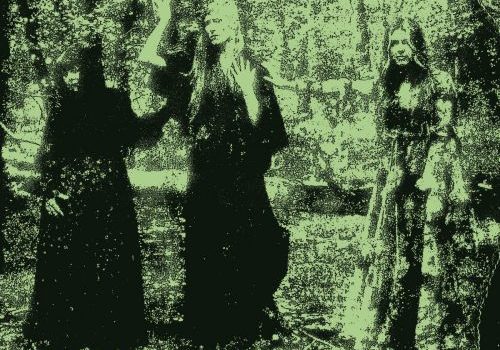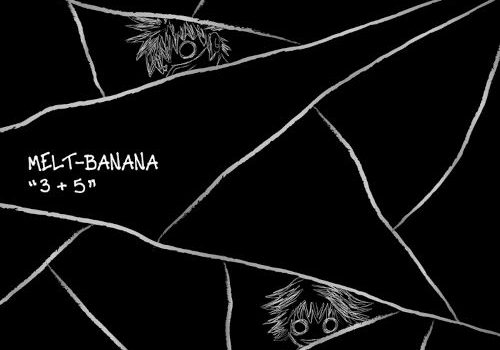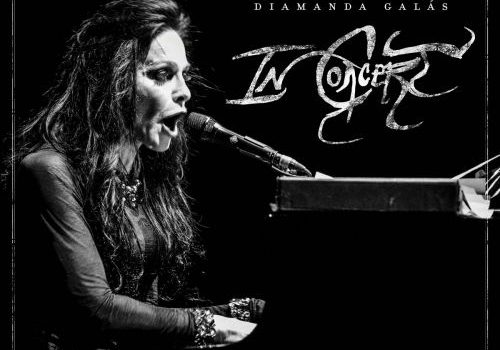The clouds of complex microtonal chords in "I" could sit on their own, but there's enough clear, near-melodic notes floating through to make it distinctly composed. I say 'near-melodic' notes because while there's definitely lines that you'd maybe call monodic lines (that is, single notes), they're effervescent enough to never quite land like melody. If it's not clear, this is a lovely effect.
Kev Nickells
I’m Being Good are back with their somethingth album, and what a number something is. Difficult to describe IBG without reference to a bunch of ’90s bands, but for my money they’ve always had a wit and laconic element that’s missing from your Polvos and Truman’s Waters.
...it's a cracking year. There's a lot of trance. There's a dearth of too-slow cack. I think all the proper tropes of this century are in place. English is slipping from the position as language of choice for much of Europe, which doubtless reflects a belief in a new internationalism; or if nothing else, reflects the dogged incapacity of Europeans to imagine a world beyond liberal paralysis. It's got silly, it's got sad, it's got belters, it's got goths. It's the most wonderful time of the year. Happy gay Christmas, one and all.
So I've been doing these wee previews for a while and there's always a faint sense, tickling in my head, that the Eurovision a person sees in Eurovision week isn't necessarily the whole of the thing. Because of course most countries have qualifying competitions. [...] Buoyed by this, I thought I'd go whole hog this year and see what the other competitions had to offer.
His playing on Sidewalks In Motion bears a fair amount of resemblance -- a drummer that's worth listening to. Lots of big dynamics in paradiddles, ever-present and holding things down, but rarely bandstanding. A lot of skittering goes on, but never into the realm of free improv.
Mdou Moctar has, in the last decade or so, ripped through the consciousness of whatever we're calling underground music these days. First with the Music From Saharan Cellphones (very autotune, very drum machines) and later with his full band business occupying the rarely seen 'actually good' slot of contemporary psychedelic music. Difficult to say whether Moctar is psych -- I'd say not -- because I gather he's closer to Tuareg traditions than not, but perhaps psych is a broader church than I think of it as.
The thing with Greyfade releases is that they seem to oscillate around a few ideas -- small gestures (and I'd argue not minimalism), a clarity of sound, sparse but not abject tonal palettes. Typically the releases are fully composed -- this doesn't necessarily mean 'written out on the stave', but it does mean that the piece is liable to be the same next time you hear it performed.
Hornorkesteret have been around more than a quarter of a century. What they do is to make instruments out of reindeer antlers and moose skulls. They are mostly bowed string instruments, though drums feature also (no word on what the skins are made out of on my press release). That description is flat and dry and gives no idea of what an awesome sound they make.
I'd like to say that it's something like if Jeff Mills was Ugandan but that's ridiculous. This does share the intensity but not the build-up. It's adjacent to techno and there's cowbell; but it's also a smidge faster and more dynamic -- second track "Boiller Omukka" gives the impression of a slurring tempo, like a wobbly sea journey, but it's a more concise and mobile thing than four-to-the-floor Detroit-isms.
Recent material lists towards the two-minute assault and it's all fun. It occurred to me that given the tempos and the fact that it's sequenced drums, Melt-Banana may well be the world's most successful speedcore band on a technical level. It's got a lot of similarities with punk and hardcore, but it has an intensity that's uncommon to guitar music, for my money. So let's say they're a speedcore band.
...he's certainly not occupying Low territory -- not in terms of timbre, arrangement. Chord progressions maybe. This record is something like an answer to the question "what if Alan Sparhawk got stoned and made a loop-based record with absolutely gratuitous use of vocal effects?"
Of all the posthumous records that shouldn't be posthumous. It's a particular cruelty that SOPHIE left us because my feeling is that, while she was definitely 'a name' in certain circles, she'd never quite broken through. The first EPs and that first album (Oil Of Every Pearl's Un-insides) were blinders but all too little. I'll take this record, but I'd rather she was still about.
You probably know 33⅓ by now -- they do book-length essays about albums of interest. It's a pretty broad-ranging series - Celine Dion's Let's Talk About Love has had a round, as have (arguably equally) asinine rock standards like Let It Be, Use Your Illusion, Wowee Zowee etc. That's deliberately antagonistic, but for good reason -- the series is arguably part of establishing what 'canonical' music albums are, for which it serves a useful purpose -- while also re-asserting the existing canon, it's done good work in expanding it, or recognising that the average listener has a wider idea of canon now.
Regular readers will be aware that Datblygu are probably one of the better bands of this world, for my money, and there's a sideline there of enjoying an amount of Welsh-language music. I'm not as up as I should be, but I do know my Llwybr Llaethogs from my Fflaps. So imagine my delight (etc) when everyone's favourite Leeds-based Welsh-language mopey goth band released their debut.
More than a decade since the last MxBx record and what have they learnt? Mercifully, not much. If you were blindfolded you'd probably pick this out as a Melt-Banana album even if your ears were clogged up and you were a bit hungover.
...if you know Galás of the last twenty-five years or so, you probably know what to expect. All 'covers' (if that description still holds any water to what Galás actually does) with her on vocals and piano. In this case a live recording from Seattle, US in 2017.
I have this thing with free jazz where I tend to enjoy it live but have less time for it on record. By and large something gets lost in translation, or the live situation means there's nothing else to concentrate on and the sound is large and physical. This set though -- it's got everything you'd want.
...the production on this record is excellent. While this is traditional music, there’s plenty of subtle but useful studio frippery at hand — wee background synths to fill out a sound, a good sense of instrument spacing, pushing the bass to drive home rhythms and so on.
